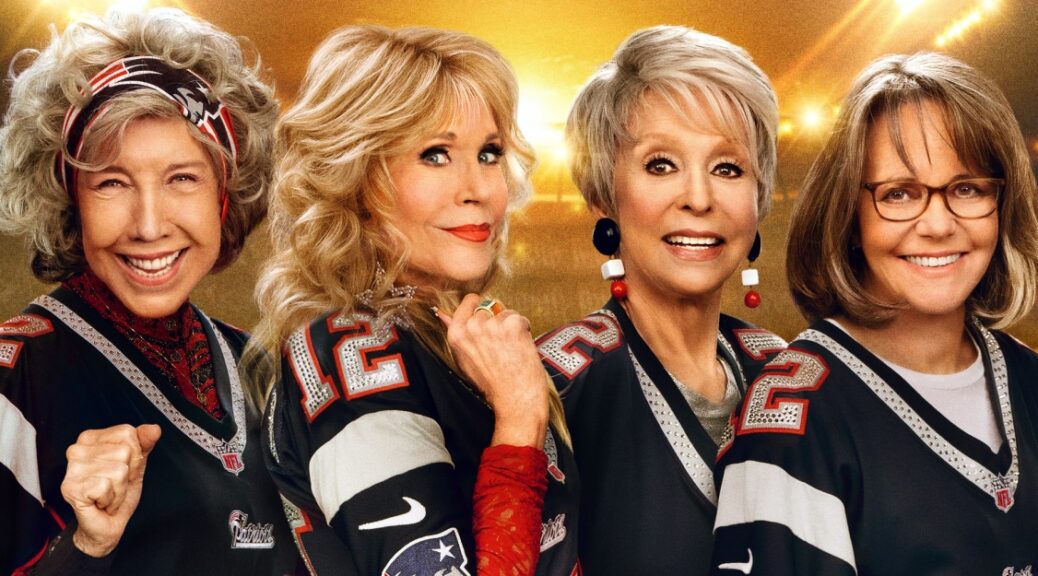Daughter
by Rachel Willis
Father. Mother. Son. Daughter.
It’s the quintessential nuclear family. In writer/director Corey Deshon’s feature debut, the nuclear family develops into a taut examination of manipulation and control.
Trying to fill a family void, Father (Casper Van Dien) holds a young woman captive in the garage. He informs her that she (Vivien Ngô) will henceforth be known alternately as Daughter or Sister.
Revealing anything more would ruin the conflict that develops around Daughter’s anticipation of what might happen next.
Van Dien unsettles as the patriarch of this family. His is one of the most disturbing portrayals in the film, as there’s an undercurrent of rage beneath the façade of loving dad. We know from the outset what he is capable of, but that doesn’t make watching any easier to bear.
And just what are Mother (Elyse Dinh) and Brother/Son (Ian Alexander) willing to do to preserve this facsimile of a “family?” When it comes to Daughter/Sister, each family member seems eager to manipulate others to suit their current needs.
As details are teased forth, there is clearly more to this family than what first appears. Father is the one in control, but how much of a hold does he have on this tenuous situation?
Setting the film almost entirely within the confines of the family home fosters a sense of isolation. Deshon creates constant confusion as to what exactly is going on outside. We’re given just enough information to keep us off-balance, a narrative decision that works brilliantly.
For the bulk of the film’s 95-minute runtime, the tension is unrelenting. Though one scene drags a bit, it’s brief so it doesn’t so much alleviate the tension as interrupt it.
For a first feature, this is a marvelously crafted work of psychological horror. Personally, I’m eager to see what Deshon does next.











